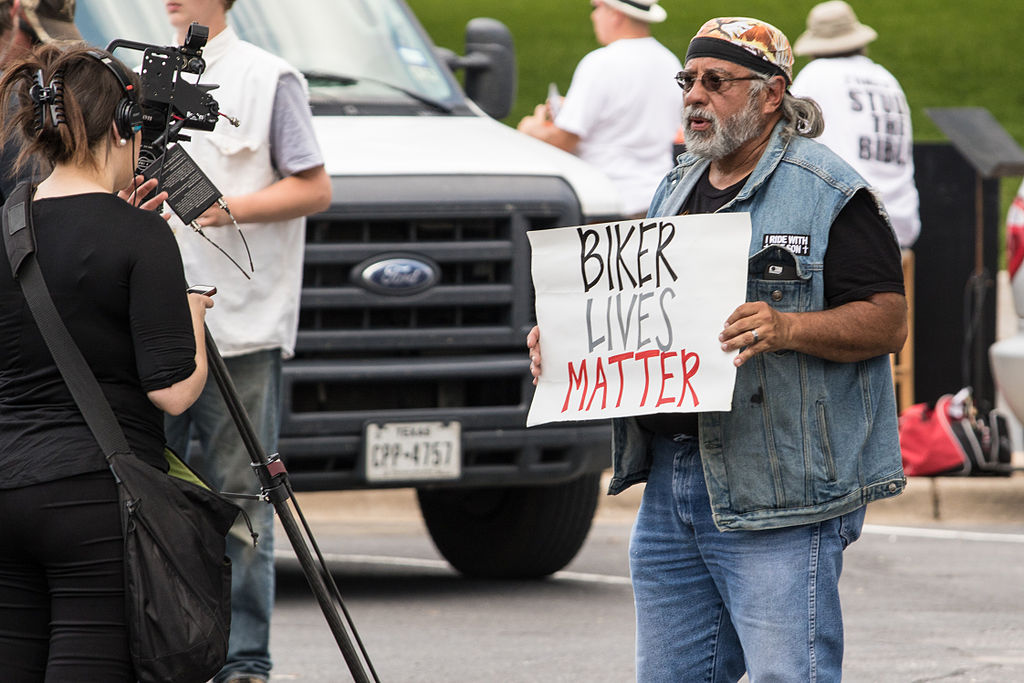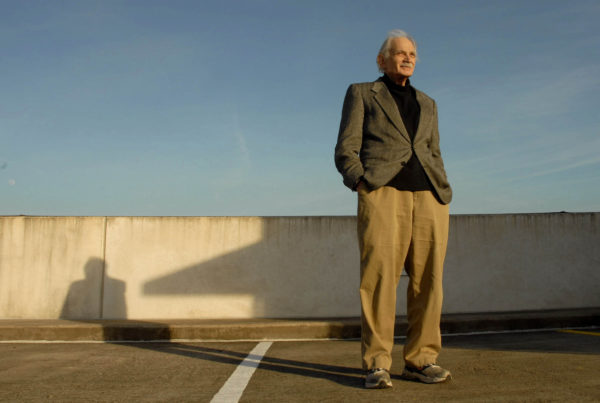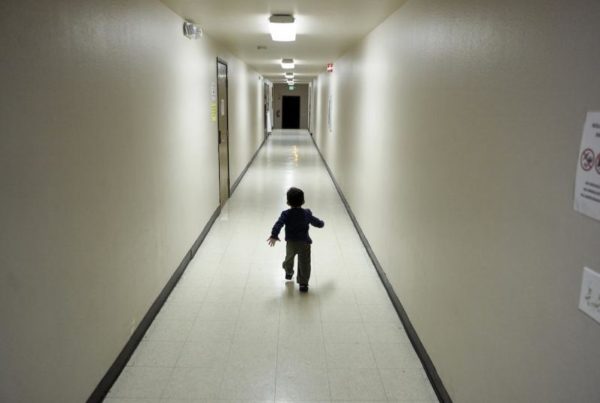Bandidos and Cossacks – two motorcycle gangs most Texans had probably never heard of until a Sunday afternoon back in May 2015. Almost four years ago, just after 12 p.m. in a parking lot of a Twin Peaks restaurant in Waco, Texas, shots rang out. The gun battle between two rival motorcycle gangs and law enforcement left nine dead, 20 injured and 177 individuals arrested. Now, a prosecutor has dropped the last charges related to the shootout.
In the years since the incident, there have been 155 grand jury indictments, gag orders, civil lawsuits and one case ending in a mistrial. Then on Tuesday, the McLennan County district attorney dismissed the remaining cases. So how does such an event, which resulted in nine deaths from gunshot wounds, end up with zero convictions?
Mitchel Roth is a professor of criminal justice and criminology at Sam Houston State University. He says signs that there were problems with attempts to prosecute those involved in the melee have been apparent for some time.
“This was unprecedented simply for the fact you had so many civilians – people that were not belonging to motorcycle gangs – swept up in the arrest pool,” Roth says. “And you had such a huge amount of bail for each individual. Rather than do an investigation and then arresting them, these people were not given due process.”
Roth says the lack of accountability among law enforcement, the poor handling of evidence and law enforcement’s failure to link that evidence to individuals are among the factors that made it hard for prosecutors to pursue successful cases.
“It’s common sense that if nine people were killed, less than 177 people were involved in the shooting,” Roth says.
Despite the deaths, and the number of weapons recovered at the scene, no one was charged with murder.
“I think the fault lies somewhere between the prosecution and basically the criminal justice system itself,” Roth says. “It’s not meant to deal with cases like this. This probably could have happened in any jurisdiction and ended up the same way.”
Written by Shelly Brisbin.
















